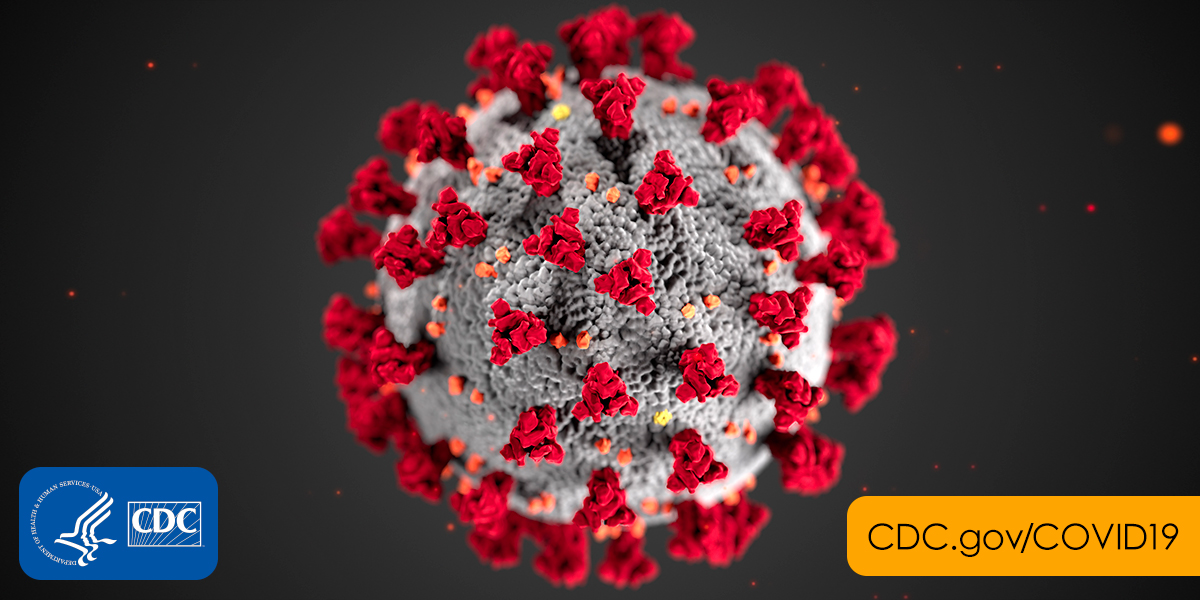Deaths spanned ages, racial and ethnic groups, and geography but disproportionally harmed young people and people of color
Solutions are known and must be implemented
(Washington, DC – May 24, 2022) – Deaths associated with alcohol, drugs, and suicide took the lives of 186,763 Americans in 2020, a 20 percent one year increase in the combined death rate and the highest number of substance misuse deaths ever recorded for a single year, according to a report released today by Trust for America’s Health (TFAH) and Well Being Trust. In addition, provisional data from the Centers for Disease Control and Prevention show drug overdose deaths continued to increase in 2021.
While alcohol, drug, and suicide deaths have been increasing for decades, the 2020 increase was unprecedented and driven by a 30 percent increase in the rate of drug-induced deaths and a 27 percent increase in the rate of alcohol-induced deaths. Combined rates of alcohol, drug, and suicide deaths increased in all 50 states except New Hampshire, and for the first time two states – West Virginia and New Mexico – surpassed 100 deaths per 100,000 state residents from alcohol, drugs, and suicide combined in a single year.
- The overall drug-induced death rate increased by 30 percent, largely driven by increases in deaths due to use of synthetic opioids and psychostimulants. The rate of drug-induced death rose for all but one population group – those over 75 years of age. There were particularly large increases in communities of color, among youth (17 years old and younger) and young adults (18-34 years of age) and in the South and West regions of the country.
- Alcohol-induced death rates increased by 27 percent, and the increase spanned demographic groups and parts of the country, including in all 50 states and the District of Columbia. Increases were particularly high among young adults, American Indians/Alaska Native and Asian communities, and for those living in the Midwest.
- Overall suicide rates declined by 3 percent but that trend was not universal. The decline occurred among white people but suicide deaths for the year increased among American Indian, Black, and Latino people. Suicide rates for adults ages 35-74, declined, but rates for youth and young adults increased.
“With the trends continuing to go in the wrong direction we must ask ourselves, what will it take to move to robust and comprehensive action? The story behind these data is beyond devastating and heartbreaking to those families who have suffered loss,” said Dr. Benjamin F. Miller, President, Well Being Trust. “Let’s begin to address this crisis with the urgency it deserves by bringing care to where people are. From schools to primary care to our workplaces, let’s ensure that all places are equipped to address mental health and substance misuse. This is not just the responsibility of the mental health and addiction field – but all our responsibility.”
TFAH and Well Being Trust have been reporting alcohol-induced, drug-induced and suicide deaths as part of their Pain in the Nation initiative since 2017. In the initiative’s inaugural 2017 report, alcohol, drug and suicide deaths accounted for 55,403 deaths per year, as compared to the 186,763 deaths associated with alcohol, drugs or suicide in this year’s report. According to the report authors and other experts, the stunning increase in alcohol and drug deaths in 2020 was exacerbated by: a continued rise in synthetic opioid and psychostimulant overdoses and the anxiety, stress, grief, disruption to substance misuse recovery programs, and financial hardship many individuals and families experienced during the COVID-19 pandemic.
The report includes recommendations for steps the federal, state, and local governments should take to begin to reverse the deaths of despair crisis. They include:
Invest in programs that promote health and prevent substance misuse and suicide:
- Support in-school programs focused on students’ mental health and preventing substance use.
- Strengthen trauma-informed and culturally competent and linguistically appropriate programs within all youth-serving agencies, including the juvenile justice system.
- Strengthen the continuum of crisis intervention programs with a focus on the newly established “988” lifeline.
- Expand CDC comprehensive suicide-prevention efforts, including measures to strengthen economic supports, promote connectedness, and create protective environments.
- Build programs that address the social determinants of health and promote resilience in children, families and communities including those focused on the prevention of adverse childhood experiences.
Address the substance misuse and overdose crises:
- Promote harm-reduction policies to reduce overdose and blood-borne infections, including increasing access to syringe service programs, naloxone, and fentanyl test strips.
- Preserve and extend programs that create more flexible access to substance use disorder treatment during the pandemic.
- Direct funding from the opioid litigation settlement to primary prevention of youth substance misuse.
- Lower excessive alcohol use through policies that limit where and when alcohol can be served/purchased and by the use of alcohol excise taxes.
Transform the mental health and substance abuse prevention system
- Increase access to mental health and substance use treatment through full enforcement of the Mental Health Parity and Addiction Equity Act.
- Combat stigma about mental health issues and access to service.
- Modernize physical and mental health services by aligning service delivery, provider payment, quality measures, and training toward the whole health of individuals and integrated care.
- Build grassroots community capacity for early identification and intervention for individuals with mental health and substance use disorders, including through community-based or non-traditional settings.
“It is imperative that officials at every level of government act on the recommended policies in this report. The data are shockingly clear – lives are at risk in every community due to alcohol, drugs, and suicide and communities that experience disadvantage because of long-standing social, economic and environmental inequities suffer a disproportionate impact. There is an urgent need for action in order to save lives,” said J. Nadine Gracia, M.D., MSCE, President and CEO of the Trust for America’s Health.
Read the full report
# # #
Trust for America’s Health is a nonprofit, nonpartisan organization that promotes optimal health for every person and community and makes the prevention of illness and injury a national priority.
Well Being Trust is an impact philanthropy dedicated to advancing the mental, social, and spiritual health of the nation.


